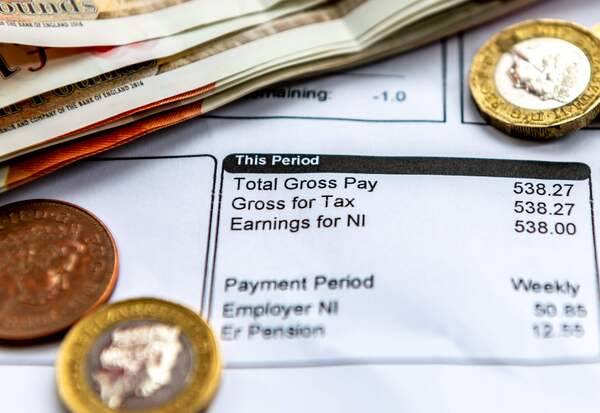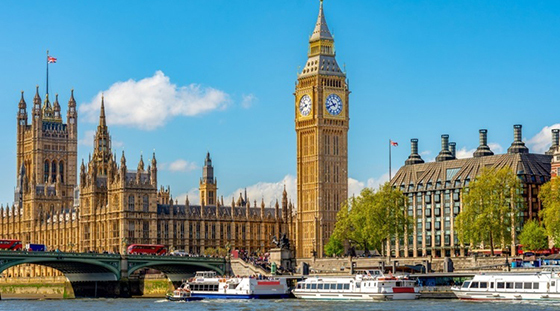MPs to debate bill banning unpaid trial shifts
A parliamentary bill seeking to ban unpaid trial shifts will be debated by MPs tomorrow (Friday).
The Private Members' Bill, put forward by SNP MP Stewart McDonald, calls for prospective employees to be paid at least the National Minimum Wage for trial shifts.
Prospective employees would also have to be provided with a job description detailing how long the shift will last and the qualities that will need to be demonstrated to secure a position. Employers will also be required to declare how many positions are available and provide feedback.
Trade union Unite said it has seen a dramatic increase in complaints over unpaid shifts in the last three years.
Unite hospitality organiser, Bryan Simpson, said: "The use of unpaid trial shifts particularly within the bars and restaurant industry has grown exponentially over the past few years with employers using unpaid trial shifts as free labour mostly to cover staff absence. We need to clarify the legal position for employees and employers alike with legislation which ensures that workers get paid properly."
Explaining what this legislation is likely to mean David Israel, partner at law firm Royds Withy King, told The Caterer: "Under the National Minimum Wage act if a person takes part in a scheme to provide training or work experience to assist in the obtaining of work they do not need to be paid. What the MP is trying to remedy is that some companies appear to be utilising that to provide free labour on the pretext of it being part of the process to assist them in assessing a candidate.
"I can understand if an employer were to say you have gone through a process, we would now like to see how you work and give a candidate half-an-hour interacting with customers, that's legitimate. When you get someone doing an eight-hour shift, doing in effect the same job as others, then it starts to feel outside of what was the intention here. The problem we have is that the people who are being affected are the more vulnerable groups, they tend to be younger, tend to be those who are doing their upmost to find a job and are the least likely to raise a complaint.
Kate Nicholls, CEO of UKHospitality, has welcomed the move. She said: âAny venue that requires potential staff members to effectively ‘audition' for a job by doing a shift without pay is depriving somebody of the money that they are entitled to. We have certainly not seen any evidence of this occurring within the UKHospitality membership, but action to ensure it does not occur is welcome.
âThis practice is distinct from Government-backed return-to-work schemes or work experience, which offers an opportunity for young people to gain knowledge, practical experience of the workplace and hopefully the beginnings of a successful career. New legislation needs to safeguard the practice of work experience while tackling those employers who routinely offer unpaid shift trials.â
Mike Cherry, national chairman of the Federation of Small Businesses, has spoken out against the bill saying trial shifts can be of great value to employers. He said: âShort, one-off trial shifts can be a valuable part of the recruitment process for small businesses, where choosing who to add to their close-knit team of employees is a big decision.
âWhile there is no place for practices which cross into exploitation, itâs important to avoid a âone-size-fits-allâ piece of legislation that could inadvertently outlaw a perfectly legitimate way of hiring someone."
Following the second reading of the bill tomorrow it will go before a committee, after which it will return to the House of Commons for further debate.
An investigation by The Caterer last month revealed that some agencies were failing to ensure that housekeeping staff were receiving payment for training days.
Housekeeper pay scandal: agencies accused of not paying staff for training>>
Wagamama, Marriott and TGI Fridays top list for underpaying minimum wage>>
Videos from The Caterer archives


















